Road trips rock.
There’s something really special about getting together with friends or family and hitting the road together to explore somewhere new. Stopping in little towns, chatting to the locals, seeing new things and trying new foods along the way.
I’ve had some wonderful, memorable road trips with friends in the USA, Europe and Australia, but while in the past they’ve always been in hire cars later this year I’ll be doing my first RV road trip in the States.
I’ve spent weeks at a time in RVs before, but they’ve always been with family in Australia and dad has always been in the driver’s seat (and with ten gears on my parents’ Winnebago I’ve never wanted to wrestle him for that position).
Come August my friend Claire and I will be picking up our RV in Portland, Oregon and hitting the road. Thankfully behind the wheel of an automatic transmission so there’s no need for a crash course in all of those gears first.
Planning a road trip is exciting, but there are also a few things you need to know. So here are a few tips to get you started.
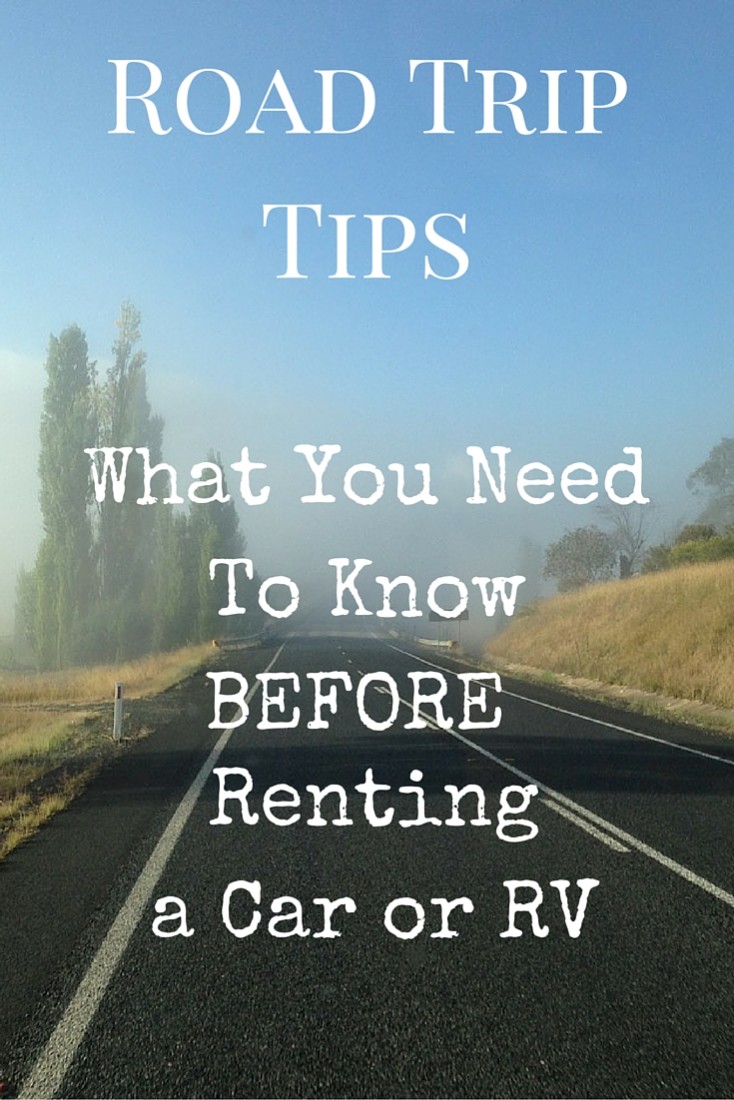
Think Twice About Excess Reduction on your Road Trip
In the past whenever I’ve hired a car I’ve always gone for the excess reduction because I’m so worried about being hit with a huge insurance bill if something goes wrong.
The fact that rental excess can cost as much as renting the car itself definitely hurts, but fear has always had me handing over my credit card before I can take those keys.
Recently the penny dropped that if I had rental vehicle excess as part of my travel insurance then I’d be covered for that side, and so I’ve been paying money I haven’t really needed to pay. Darn it.
Of course you still need comprehensive insurance cover when you rent the vehicle, as travel insurance doesn’t provide full comprehensive motor vehicle cover. Once you get home your travel insurance provider can reimburse you, provided all policy terms and conditions have been met.
Read: Road Trip Hacks – 14 tips you need to know
Claudio Saita, Deputy CEO and Executive Director in Australia for Tokio Marine, underwriters for World2Cover travel insurance, says if you do have an accident and have excess cover there are a number of steps to take.
“Depending on the circumstances and the value of the damage, if the police are involved you need to obtain a copy of the police report. Then report the damage to the rental company and complete an incident / accident report.” Mr Saita explains.
“The rental company will charge the applicable excess to your credit card, and then they must provide you with a copy of the repair invoice to show that the damage is equal to or more than the excess amount.
“If the damage is less than the applicable excess they must give you a refund of the difference. You can then lodge your claim with your travel insurer, providing all of the above including a copy of the rental agreement with your claim.”
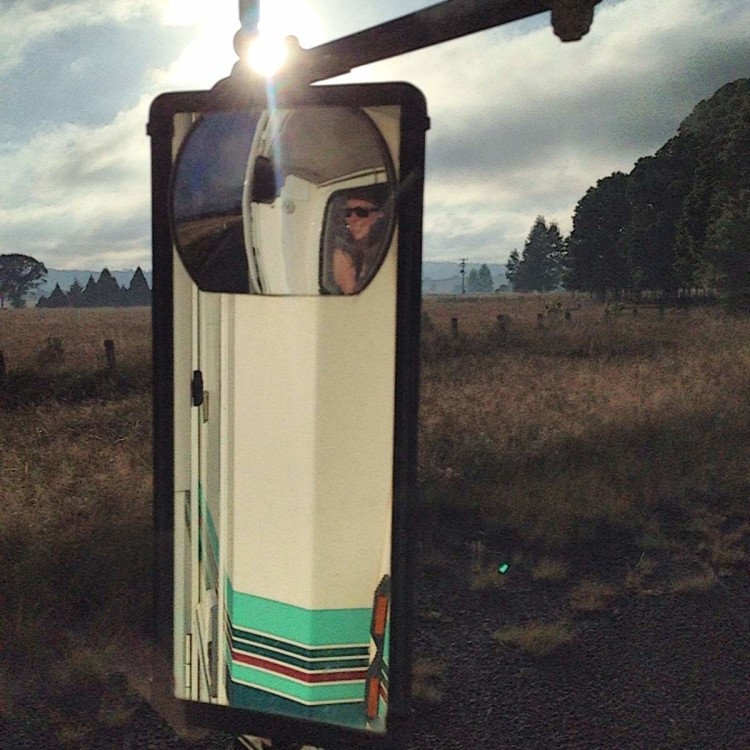
And don’t forget, before turning the keys and pressing play on your favourite driving tunes you must make sure you do a proper inspection of the vehicle.
You want to check that baby all over and if there are any scratches, nicks or bumps make sure they’re recorded with the car hire staff.
Ask the Rental Car or RV Company Lots of Questions
There can be all sorts of holes in your rental car insurance cover and it’s best to know about them before you drive away so you can decide if you really want to go ahead.
Not being covered for single car accidents, driving on unsealed roads (even if you’ve rented a 4WD), damage to the windscreen, wheels, under body and more are amongst the unexpected exclusions that can trip some holidaymakers up.
You may not be allowed to take your rental car or RV on a ferry, or along certain roads, so if you’re planning on going somewhere in particular it’s worth asking the hire company if there are any restrictions you need to know before parting with your deposit.
It’s important to know these exclusions aren’t covered even if you go for the 0% excess option at the rental desk and that you are no longer covered if you breach the contract in any way, such as having an unauthorised person driving the vehicle, being affected by alcohol, disobeying the road rules or even using the wrong type of fuel.
Get your hands on the contract, read it properly, and ask lots of questions. And do it before you hire the car, not when you’re at the desk with a queue of people waiting in line, feeling the pressure to just get on with it and get out of their way.
And remember that even if you have top travel insurance coverage you are bound by the rules of the insurance that comes with the car and RV rental.
“Your policy only covers you for the excess applicable.” Mr Saita points out. “If the incident is not covered under the agreement it is not covered by your insurance.”
Book Early and Be Flexible
While you may be lucky and somehow get a last minute special, you’re usually more likely to get a better deal if you book ahead.
Once you’re all booked then that price is set and you can avoid that frustrated feeling that comes when go to book later and see that the prices have gone up.
Even before we knew 100% if we could both actually do our trip together Claire and I booked our RV last October, a good ten months before we’ll be calling it home, which locked in a crazy good deal.
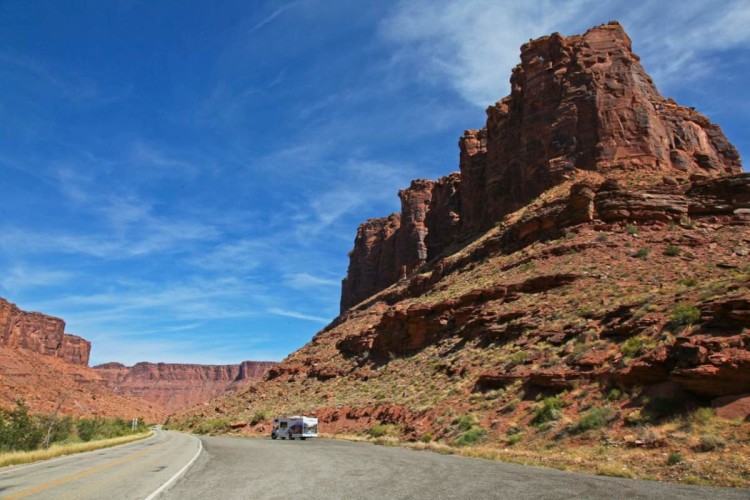
We figured if we couldn’t make the trip work we’d lose around $300 deposit, which would sting a bit but wouldn’t be the end of the world. And when we thought about how much more we would pay if we waited to book closer to the time we thought that was a good call (which it has already proved to be).
If you can be flexible with where you start or end your trip you could also save yourself some dollars. We wanted our RV at the busiest time of the year, and by shopping around to check different rates in different cities we realised we could save a very big hunk of holiday money by meeting in Portland rather than Los Angeles or San Francisco.
The fact that I’ve wanted to visit Portland for years and now get to do that is a lovely bonus.
Being flexible with the days you travel can also help, as weekends can be more expensive than weekdays.
Airports are often the most expensive places to collect a rental car, so check and see if it’s worth the effort to get a shuttle into a city depot and go from there.
And it’s also worth checking if your credit card offers special discounts or upgrades on car rentals, as there are some great offers around.
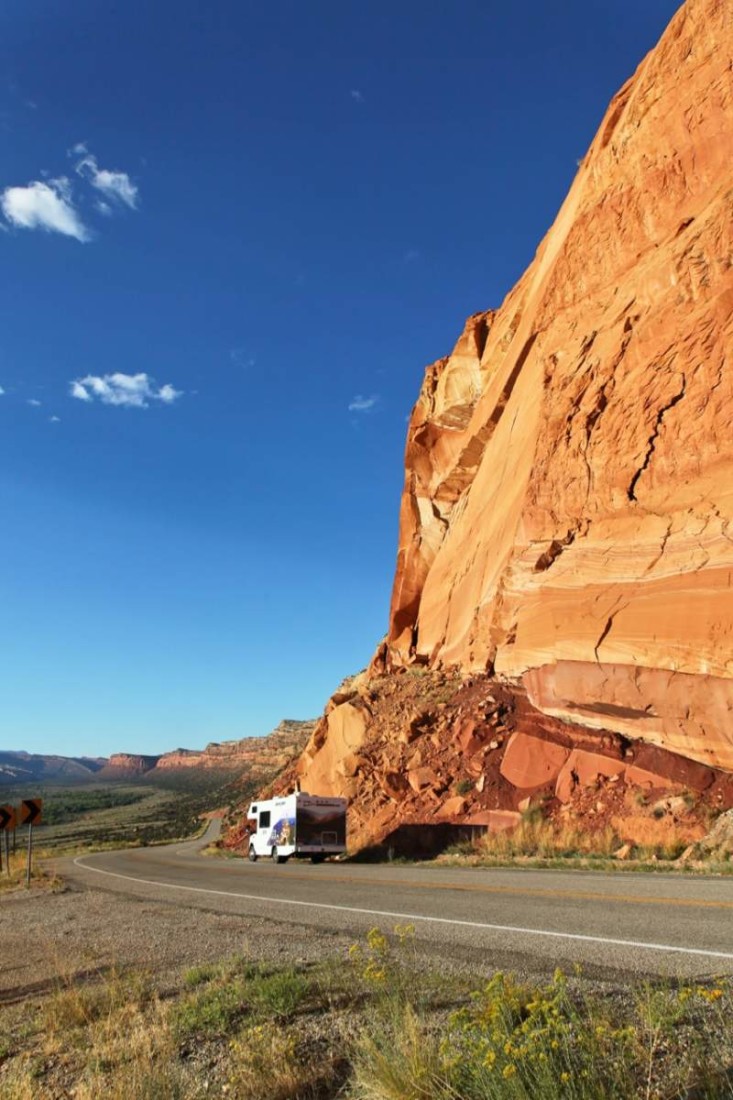
Book Travel Insurance As Soon as You Book Your Trip
While all of the other travel insurance benefits start when your actual policy starts, the cancellation cover kicks in as soon as you buy the policy.
So if you don’t buy it as soon as you start investing money into your trip, you’re missing out on one of the great benefits of having travel insurance.
Read: Sydney to Brisbane Road Trip, the New England Way
If you’re based in Australia check that the company that is underwriting the policy has an AFS licence in Australia, and if you’re not familiar with a company do a bit of research into them, or the parent brand that stands behind them.
If you’re taking a road trip you also want to check your travel insurance to make sure the limit for rental vehicle excess is enough to cover what the rental company would charge if something goes wrong.
Have Fun
Once you’ve done all that homework and planned your trip it’s time to hit the road, have loads of fun and make those memories that will last a lifetime.
And don’t forget to really belt it out when you sing along to those road trip songs.
This post has been brought to you by World2Cover travel insurance.
You should always consider the Product Disclosure Statement and Policy Wording and your personal circumstances before making any decision about whether to acquire a travel insurance product. Adventures All Around does not and cannot provide any advice, opinion or recommendation about any insurance.
Fancy more travel insurance tips? You may like to find out about some common misunderstandings with credit card travel insurance, check out my renting an RV or Hire Car tips or find out why your bags may not be covered by travel insurance if you leave them to be taken care of in a hotel after checking out.
Love a good road trip? Here are seven great Australian road trips to check out, as well as a fun music themed one through America’s deep south.
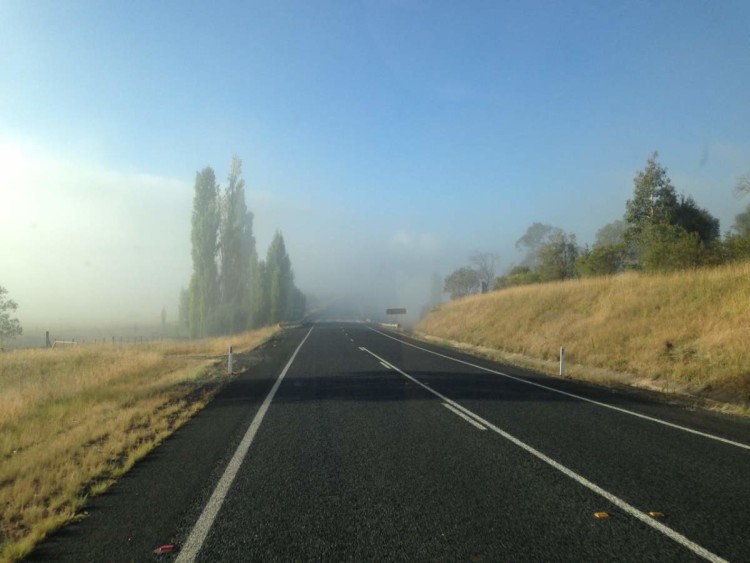



Leave a Comment